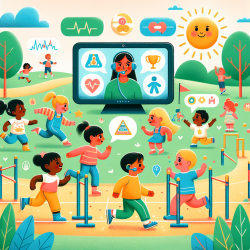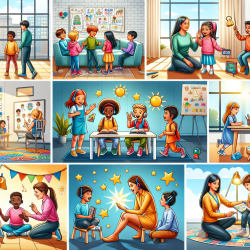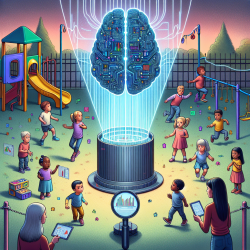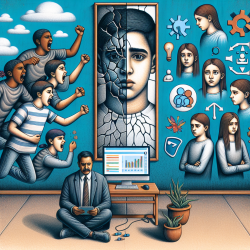Childhood hearing loss is a significant health concern that affects millions of children worldwide. Primary care physicians (PCPs) play a crucial role in early identification and intervention, yet many lack sufficient knowledge and hold varying attitudes towards this issue. A recent study titled "Knowledge and attitudes of primary care physicians regarding childhood hearing loss in Malaysia" highlights the need for targeted educational initiatives to address these gaps.
Key Findings
- 61.4% of PCPs did not see childhood hearing loss as a major health issue.
- 45.9% were unaware that children with hearing loss can succeed in regular schools.
- 78% did not know that hearing aids do not fully restore normal hearing.
- Despite knowledge gaps, PCPs generally had positive attitudes towards childhood hearing loss.
Implications for Practice
The study underscores the urgent need for targeted educational interventions to improve PCPs' knowledge and attitudes. Here are some actionable steps:
- Educational Workshops: Implement regular training sessions focused on the latest research and best practices in paediatric audiology.
- Resource Development: Create easily accessible materials that provide concise information on the diagnosis, intervention, and management of childhood hearing loss.
- Collaborative Efforts: Foster collaboration between audiologists and PCPs to ensure comprehensive care for children with hearing loss.
- Continuous Evaluation: Regularly assess the effectiveness of educational interventions and update them based on feedback and new research findings.
Encouraging Further Research
The study also highlights the need for ongoing research to better understand the factors influencing PCPs' knowledge and attitudes. This can help in designing more effective educational programs and interventions.
To read the original research paper, please follow this link: Knowledge and attitudes of primary care physicians regarding childhood hearing loss in Malaysia.










